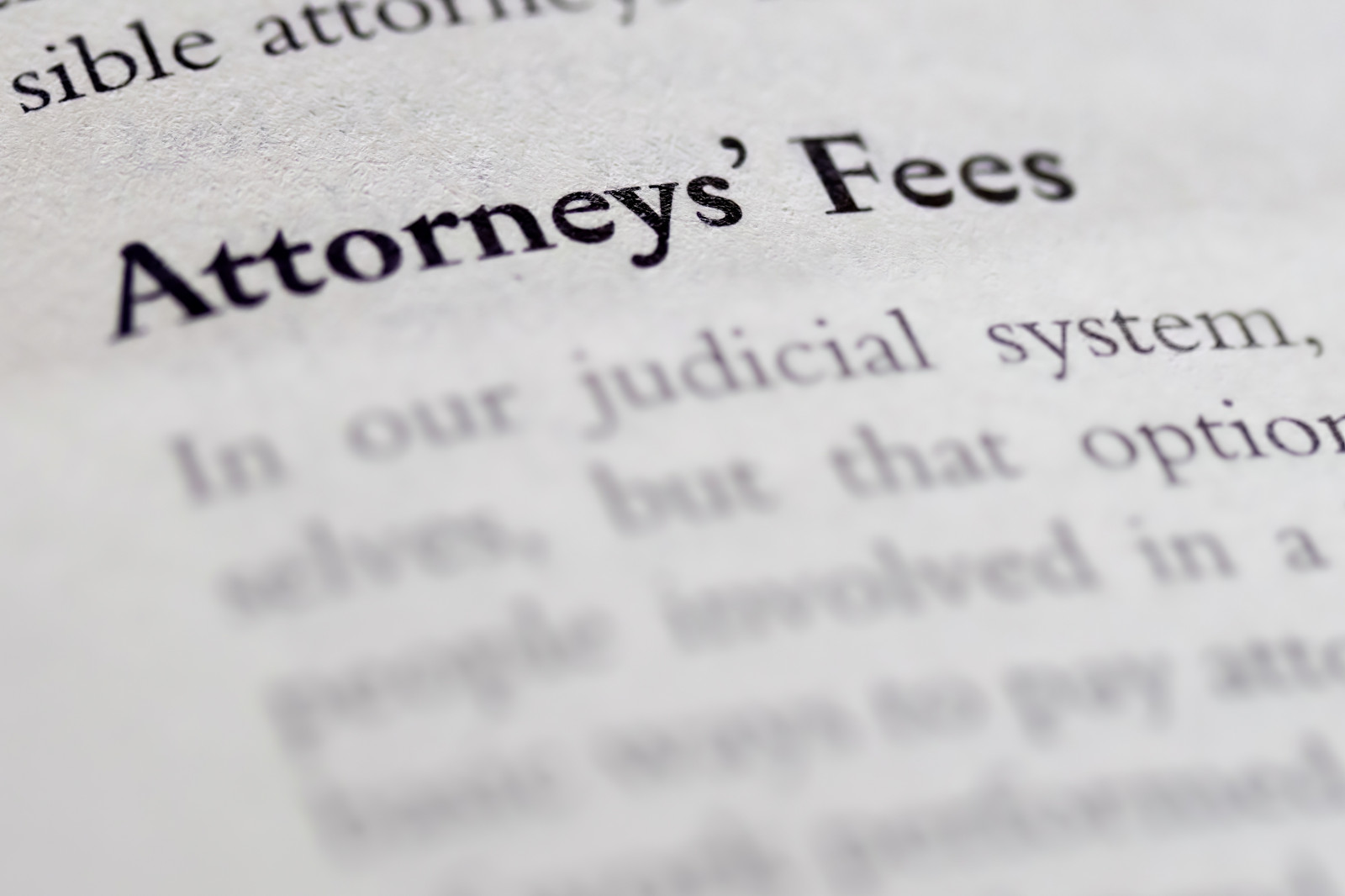What clients should understand about costs payable to attorneys

What clients should understand about costs payable to attorneys
Published on June 4, 2024
Terms such as “attorney and client costs”, “party and party costs”, punitive costs and costs de boniis propriis are used by attorneys but often not understood by their clients.
Upon taking instructions from a client, it is required from an attorney to receive a written mandate from the client for the instructions received as well as the tariffs on which the attorneys' fees to be calculated. This is referred to as attorney and client fees and usually exceeds the prescribed fees in terms of the Magistrate's Court Act and/or the High Court Act. The attorney and client fees must still be reasonable and remain subject by taxation by Taxing Masters and/or scrutiny by appropriate Committees of The Legal Practice Council.
An attorneys' fees may also be in terms of the Contingency Fees Act. Strict compliance with the requirements of the Contingency Fees Act is required. Some attorneys believe that they are, in terms of the Contingency Fees Act, entitled to 25% of the capital received (without VAT) or two times the attorney and client account, whichever is the lesser. An attorney claiming 25% of capital received without regard to the attorney and client account, may be guilty of overreaching in terms of Clause 18.7 of the Code of Conduct of attorneys.
A party successful in litigation is usually awarded costs on the scale as between party and party. The winning party's costs are then calculated in terms of the prescribed tariffs (Magistrate's Court Act of High Courts ‘Act) and payable by the losing party. Despite winning a case and receiving costs on the scale as between party and party the winning party is still liable for payment of his/her own attorney's attorney and client account, based on the tariffs agreed upon on receipt of instructions, as referred to in paragraph 1.
Punitive costs may be awarded against litigant Punitive costs can be in the form of attorney and client costs, in which instance the losing party does not pay the usual party and party costs, but the winning parties' costs on the scale based on the winning attorney's attorney and client fees. The winning parties' attorney and client account are still subject to taxing by the Taxing Master, which means that the winning party cannot claim unreasonable fees.
Punitive costs may also be costs de boniis propriis, which means that the costs are payable by the party in his/her personal capacity.
An order to pay costs in a litigant's personal capacity is made where the litigant's conduct demonstrates a gross disregard for their professional responsibilities and where they acted inappropriately and egregiously.
In EX PARTE MINISTER OF HOME AFFAIRS 2024 (2) S.A. 58 (CC) the Court remarked as follows:
To err is human. All of us are fallible. But what we have here goes far beyond human error and good-faith mistakes… It can hardly be disputed that this litigation has been conducted in a dreadful manner. Punitive costs serve to convey a Court's displeasure at a party's reprehensible conduct.
In MALEBANE vs. JORDAAN N.O. 2024 (4) S.A. 124 (GP) the Court awarded costs as between attorney and client and said:
…the attack on the liquidator and his powers is based upon wrong conclusions, ignorance of law, and a disregard for the terms agreed upon in the settlement, accompanied by an attitude of obstruction.”
Punitive costs orders depriving litigants of their fees are also possible. In the matter of EX PARTE MINISTER OF HOME AFFAIRS (Supra) the applicant's costs were disallowed. The Court referred to the fact that costs orders de boniis propriis against legal representatives are far more frequent than those depriving them of their fees, thereby indicating that orders depriving legal practitioners of their fees should be considered more frequently.
An attorney who fails to use his/her best efforts to carry out work in a competent and timely manner and who takes on work whilst knowing that he/she will be unable to carry out the work as aforesaid may be guilty of a contravention of Clause 3.11 of the Code of Conduct of Legal Practitioners.
Disputes between attorneys and clients in regard to the payment of fees are often the result of a lack of communication. Attorneys have a duty to communicate with clients in regard to progress in matters as well as the costs involved from time to time. Clients on the other hand should be invited to enquire about the costs implications of their matters on a regular basis.

Santie Weiss
Director
Why you should choose us
At MW Attorneys we believe that quality of services counts and not quantity. We believe in sincere and continuous communication with our clients and we strive to deliver services of the highest quality, as we have been doing since 1997. We regard our clients as our most important asset!
MW Attorneys has a proven track record since:
1900
